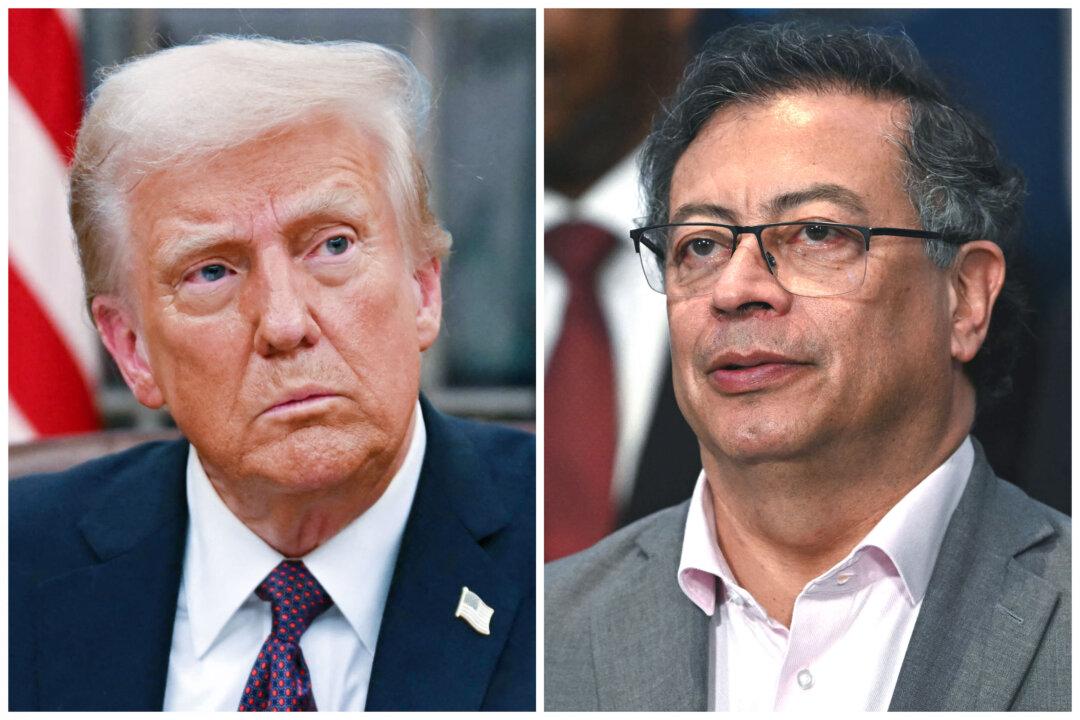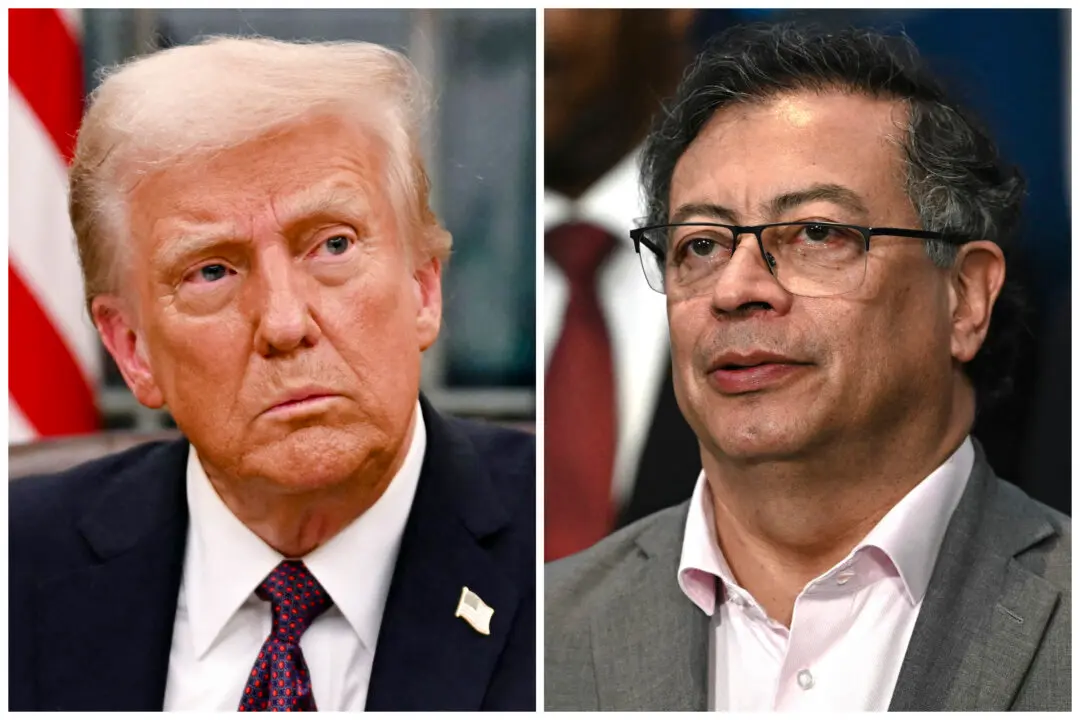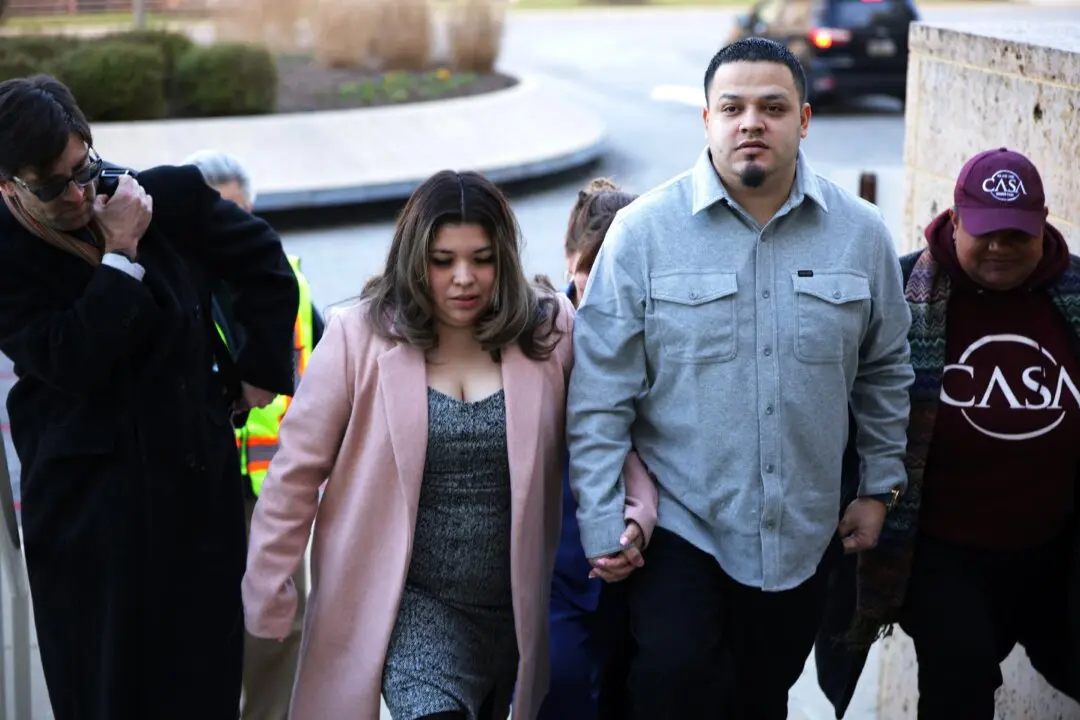The United States has reached an agreement with Colombia, which will now accept all Colombian illegal immigrants being deported by the former country, including those on U.S. military planes, according to the White House.
“The Government of Colombia has agreed to all of President [Donald] Trump’s terms,” White House press secretary Karoline Leavitt said on social media platform X, “including the unrestricted acceptance of all illegal aliens from Colombia returned from the United States, including on U.S. military aircraft, without limitation or delay.”





